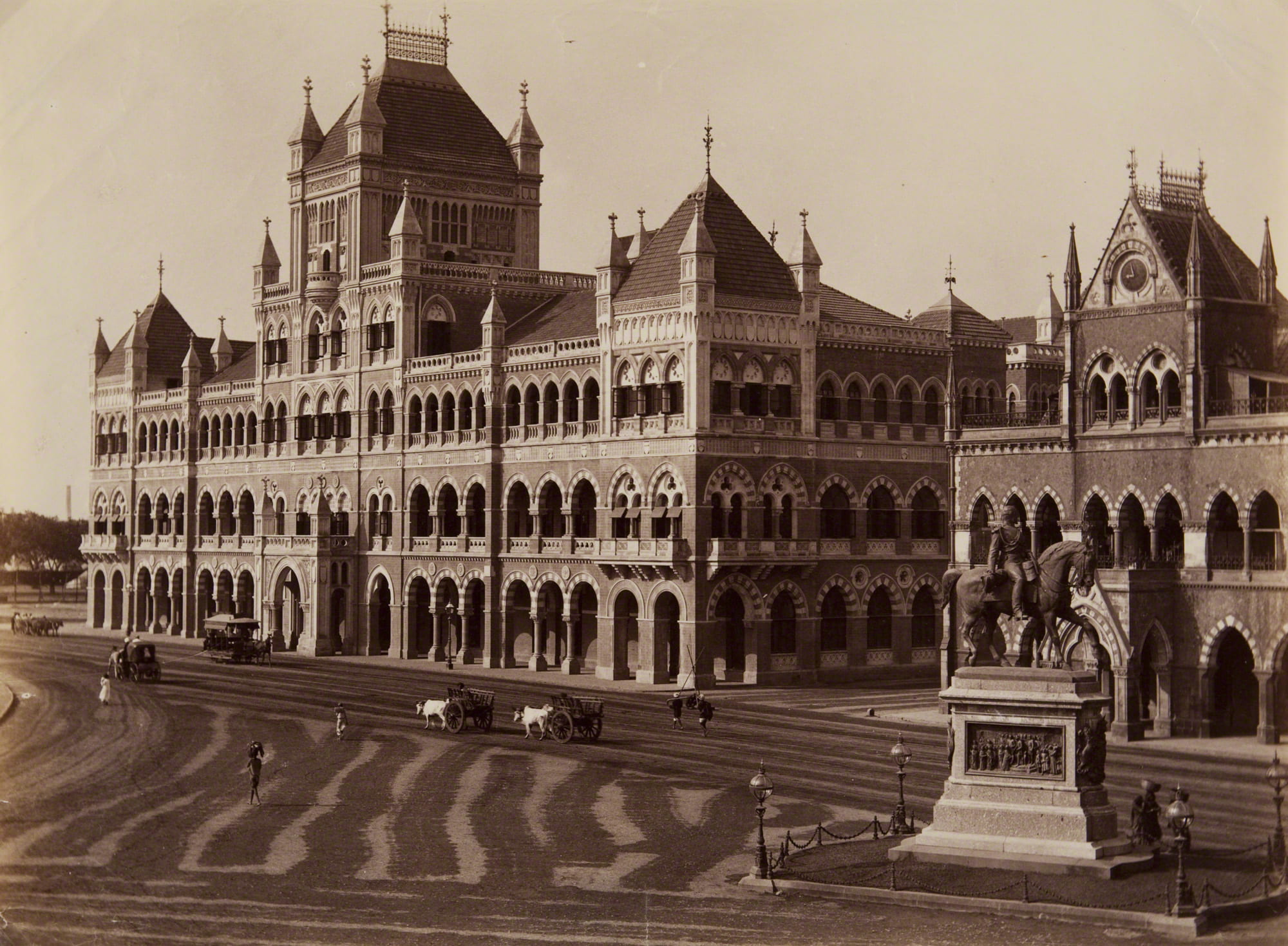Khalilullah Afzali
Bysunqur Research Foundation, Herat
“Making Him “Afghan”: How Afghan Literary and Political Elites Understood Bedal in the Twentieth Century?”
After rising of the British East India Company in the subcontinent at the end of eighteenth century, orientalists studied and published the Persian literature, particularly translation of the high Persian literature, such as works of Hafiz, Sadi, Nizami, Ferdawsi, Khiyam, Rumi, and Jami, whose works were translated into English for the first time. While the works of Bidal were published constantly in the urban centers in colonial South Asia, British orientalists have generally showed little or complete disinterest in Bidal’s literary works and thinking. It seems Bidal’s literary complexity, such as ambiguities and imaginatively poetic impulses, and un-translatability of his poems, were the main reasons. While Bidal was slowly forgotten in colonial India, literary elites in Afghanistan and Central Asia were obsessed with this poet, and works. This essay will therefore discuss two aspects of the poet: British colonial engagement of Bidal, and his reception in Afghanistan, known collectively in Dari as ‘bidal-garayee’ or ‘Bidal School of Thought.’
Dr. Afzali is an Independent Scholar, Director of Bysunqur Research Foundation, Herat, Afghanistan. He has a PhD in Persian literature from Ferdawsi University, Iran. He has written on various aspects of literary and political lives of Bidel. His current research project deals with history of Herat.
